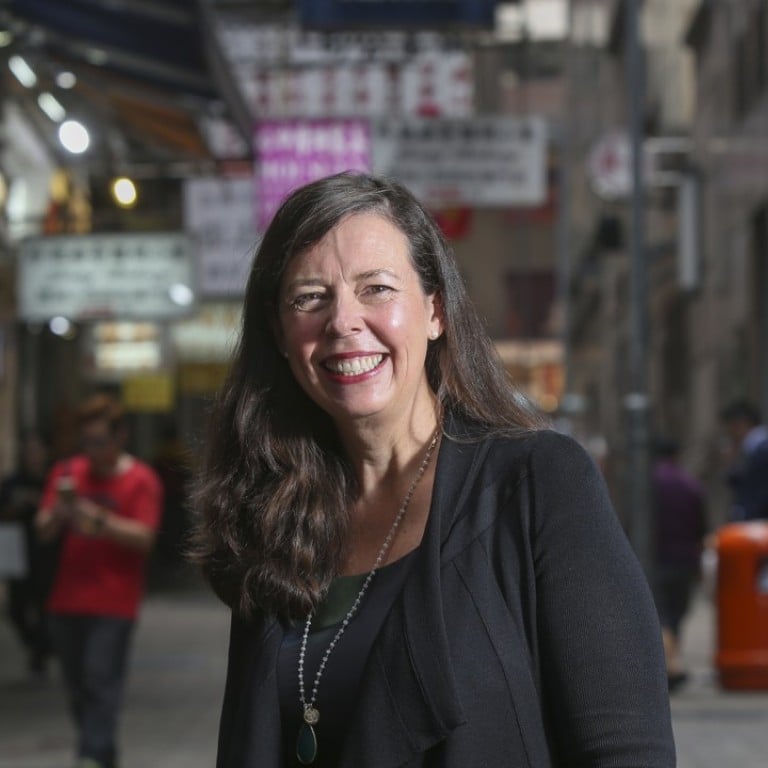
Video | Gender equality in Hong Kong: #MeToo, milestones, and why there’s still a long way to go, in eyes of Women’s Foundation CEO
In her first interview since becoming head of women’s rights charity, Fiona Nott talks about progress made, how far Hong Kong still has to go to catch up with other developed economies, and why men are part of the solution
In her first press interview since assuming the role of CEO at The Women’s Foundation, Fiona Nott has come armed with numbers – sheets and sheets of them that quantify exactly how well or badly Hong Kong is doing compared to other cities in terms of gender equality. The foundation’s research, which collates data from government, business watchdogs and other non-governmental organisations, monitors women in all strata of society.
Nott reels off the figures: in the workplace, women earn on average 22 per cent less than men, a gap that is wider than a decade ago and wider than Singapore, the US, Britain and Australia; women represent only 13.8 per cent of Hang Seng Index company boards – just half of the 26 per cent in the UK; and women represent just 29 per cent of management positions – worse than Malaysia, Canada, the US and Australia. The wage gap increases to 35 per cent for elderly women.
Meanwhile, women make up 85 per cent of single parents living in poverty, and 30 per cent of women drop out of the workforce due to caring responsibilities.
“Often, working in Hong Kong you have a perception that there’s a lot of women in business, but when you dig deep and look at the issues, the position of women here is worse than other developed economies. That really shocked me,” Nott says.
How does Hong Kong compare with Europe when it comes to women-friendly workplaces?
Set up in 2004, the foundation aims to improve the lives and further the rights of women living in the city by tackling gender stereotypes, empowering women living in poverty, and advancing women leaders. The charity runs several programmes aimed at marginalised and disadvantaged women, including its Return to Work programme, but it is also pushing hard for better representation of women in leadership positions.
Not long after she was appointed CEO in September 2017, Nott launched an advocacy campaign calling for a stronger regulatory framework within the Hong Kong stock exchange to support more women on company boards.
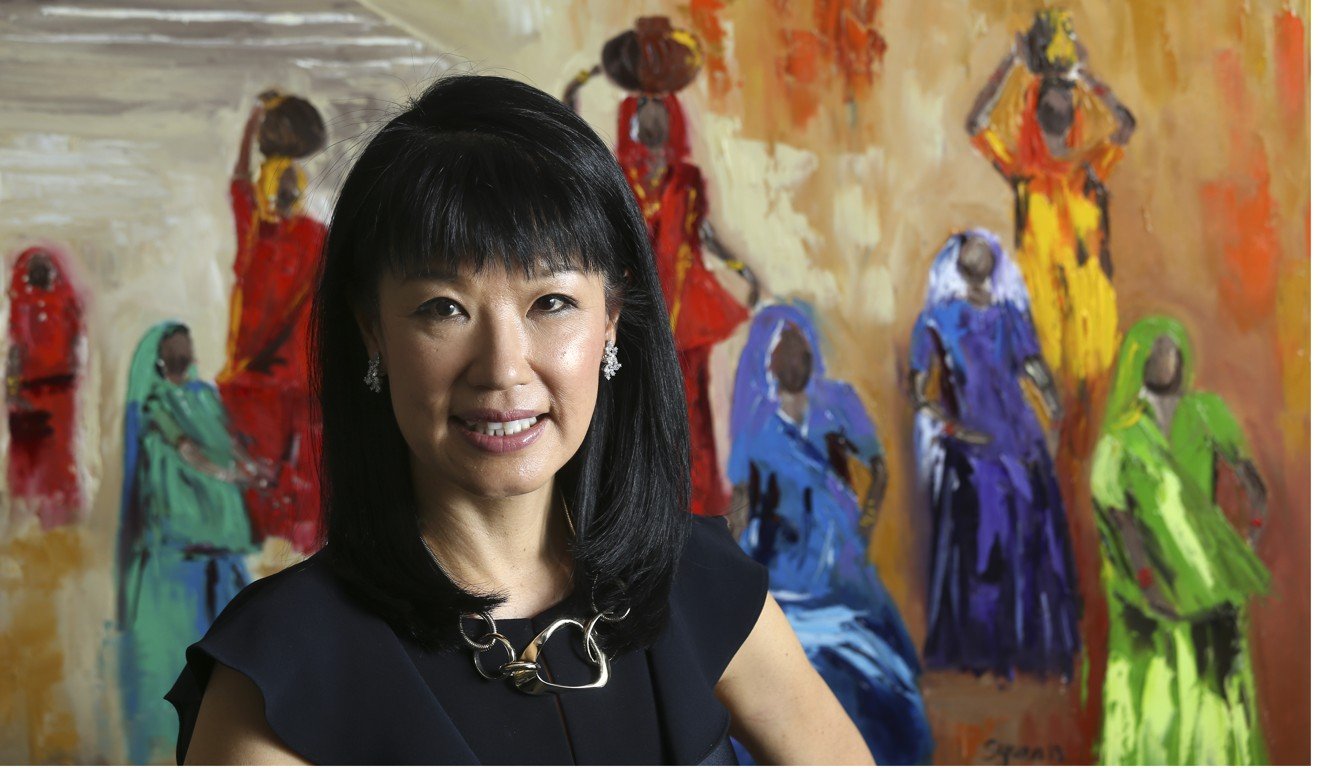
“Having more women at the top, more role models, actually filters through the whole economy and makes change,” she says.
Originally from Sydney, Nott has called Hong Kong home for 20 years, and during that time has closely observed the city’s progress when it comes to advancing gender equality.
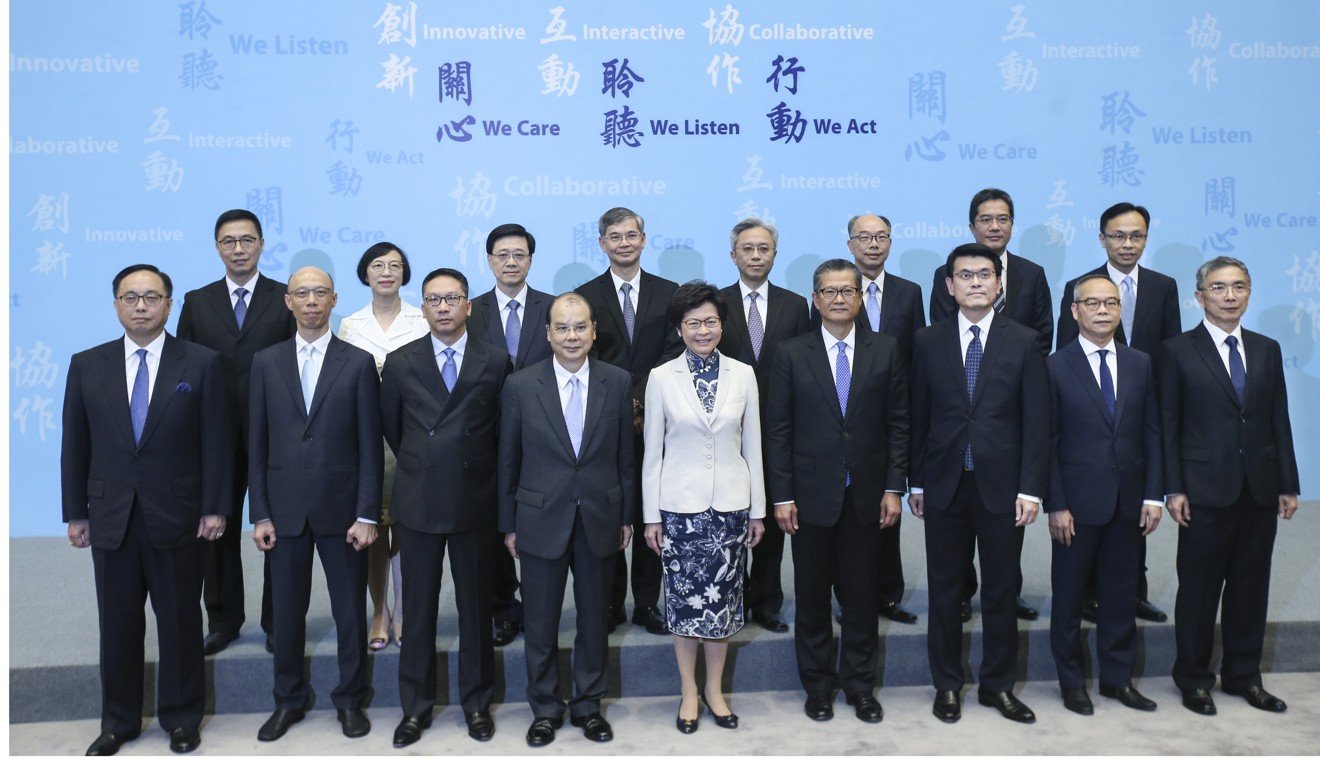
“We’re seeing more conversations about gender diversity, which has risen up the business agenda, and we’re certainly seeing more women progress: women are launching businesses in record numbers, we’re rising up the ranks of management to CEO and board level, and we have a female chief executive for the first time,” she says, referring to Hong Kong leader Carrie Lam Cheng Yuet-ngor.
However, for all the triumphs, there have been disappointments, too. “Some things are changing but in other areas change is really slow,” says Nott. “Maternity leave is one of the shortest in the world (at 10 weeks) and hasn’t changed for 22 years; the pay gap is going backwards.
“The entrenched work culture of long hours and a lack of flexible work options leads to women dropping out of the workforce and [as a result] not enough women attain management and board positions.”
What Hong Kong can do to help women in work
Barely six months into her appointment, the straight-talking Australian lawyer has her sights set on a new target for the foundation: men. It may sound unusual for a female-focused organisation, but Nott’s rationale, reiterated throughout the conversation, is that gender diversity not only benefits women, but men and society as a whole.
“We can’t empower women and girls unless we engage boys and men,” she says, revealing that the foundation will expand its research into gender education among boys while looking more closely at how stereotypes affect them and, by proxy, girls.
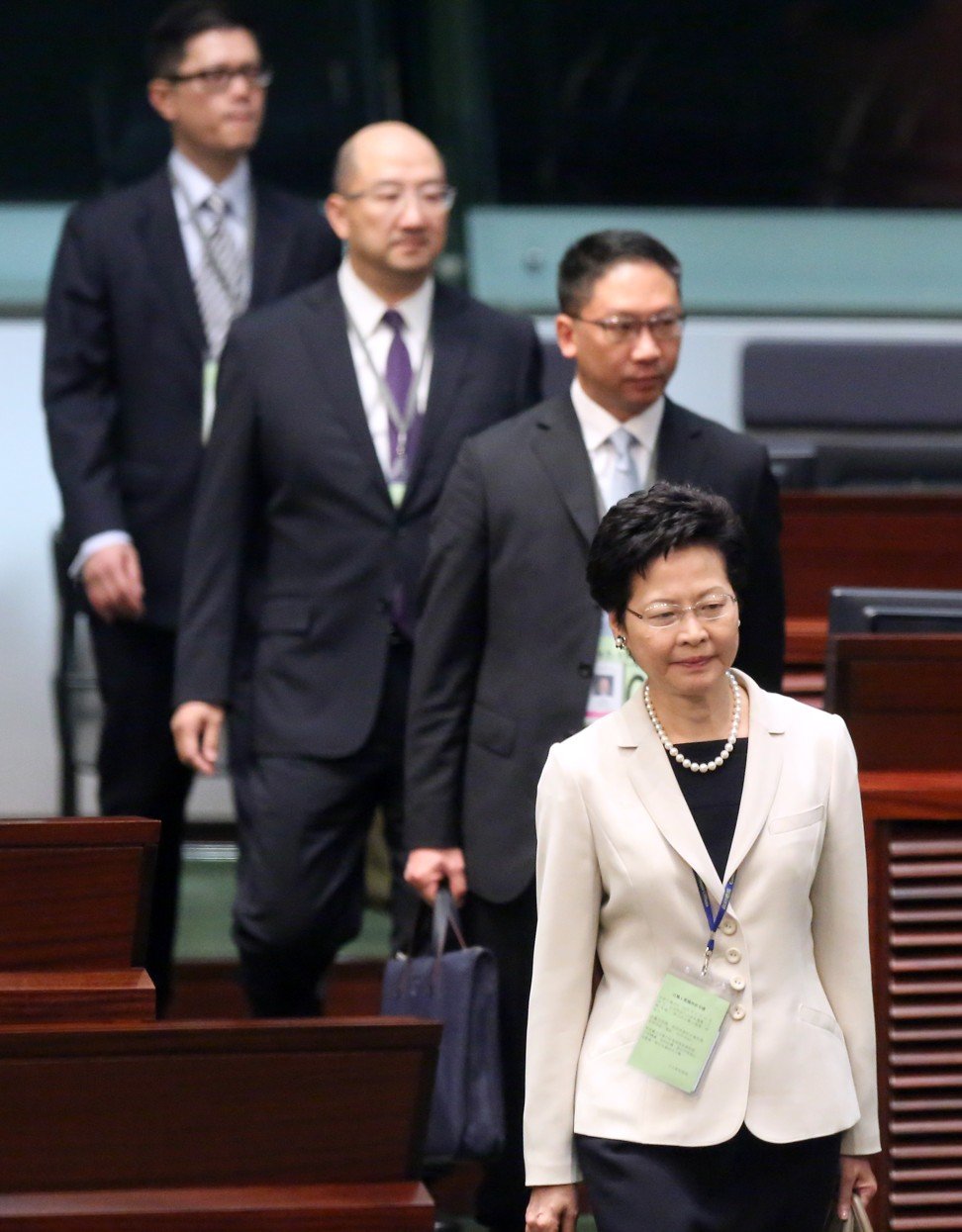
The foundation also has plans for a formal male allies programme comprising of men “who are committed to the gender diversity agenda, and who play a lead role in creating more gender equal workplaces and changing mindsets”.
There has perhaps never been a more opportune time to harness men’s attention.
Late last year, the #MeToo campaign came to dominate the global conversation as victims of sexual assault or harassment began naming their attackers and sharing their experiences.
The social media hashtag, which originated in the US in the wake of allegations against Hollywood mogul Harvey Weinstein, triggered a cascade of similar accounts from women emboldened by the scale of the movement. It encouraged others to reveal their harrowing tales of abuse by some of the most high profile names in politics, entertainment and business.
“The landscape of gender equality is being rewritten as we speak,” Nott says.
5 trailblazing Hong Kong women who broke through the glass ceiling
The challenge is making sure the dialogue continues and that the ripples of #MeToo can be felt by non-famous women, especially those living outside the West, where most the conversation has taken place, she says.
In Hong Kong, the fact that few people have come forward with accusations of sexual harassment, and muted public discourse around the subject, means the movement has not blossomed in the public arena as fully as it has in the US, Australia or Europe.
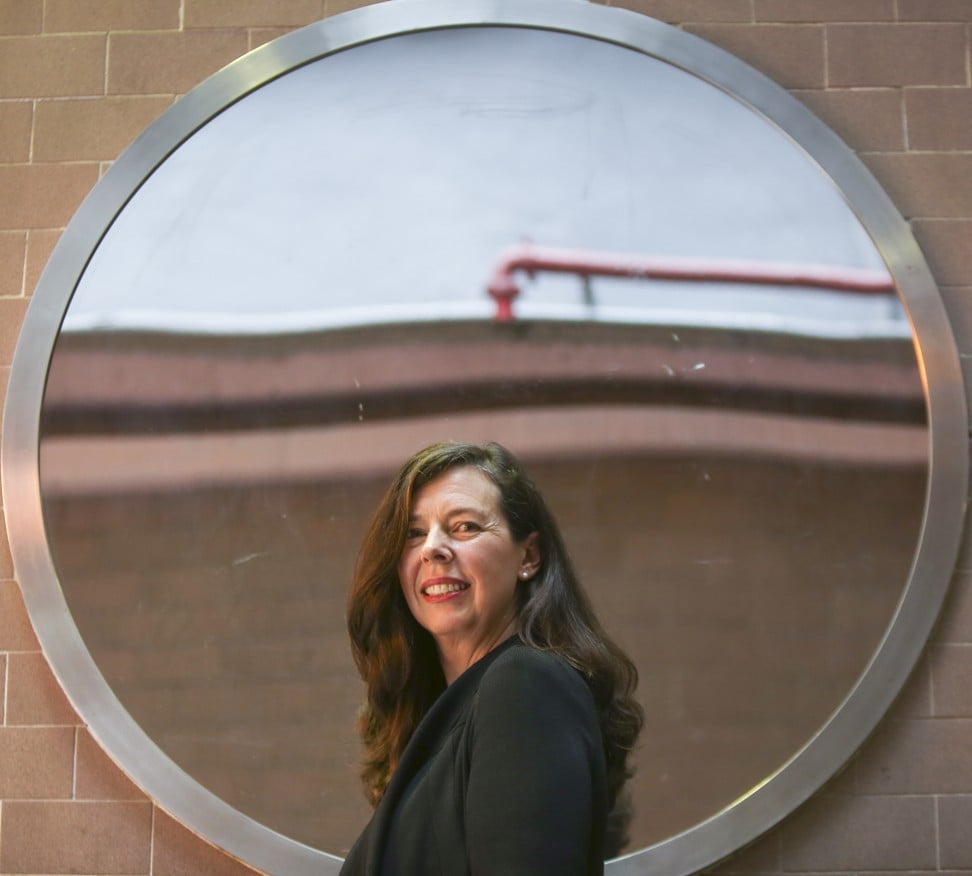
“We know that since the #MeToo conversation erupted, reports into local NGOs that support sexual assault survivors here in Hong Kong have doubled. Conversations around #MeToo are happening in Hong Kong, perhaps not so publicly as other countries,” she says. “Just last week I was approached by a young woman who’d been experiencing entrenched sexual harassment in her workplace and didn’t know where to turn.”
However, she adds, in Hong Kong, due to traditional attitudes and deep-rooted gender stereotypes, the conversation is not so public.
“The problems women are facing in relation to sexual harassment and assault in Hong Kong are similar to the other parts of the world: entrenched gender stereotypes, power imbalances, unconscious biases, fear of speaking up, and systems and structures that make it difficult for survivors to take action or speak out.”
Hong Kong will benefit from having more women at the table and we’ll all benefit when a girls’ potential is fulfilled or a woman’s talent is tapped.
As part of its events to mark International Women’s Day on March 8, the foundation held a gala lunch last week to celebrate high-flying women in Hong Kong’s male-dominated food and beverage industry, a line of work in which 80 per cent of women experience sexual harassment, the Equal Opportunities Commission found.
High on Nott’s agenda is translating the #MeToo campaign’s momentum into tangible change in a city where one in seven women has experienced sexual assault but 90 per cent of them choose not to report it. The movement presents an opportunity for The Women’s Foundation and other stakeholders in the city to ensure that gender equality stays in the public eye.
The theme for this year’s International Women’s Day is #PressforProgress, and the foundation is joining organisations around the world in encouraging individuals to choose an action intended to advance gender equality, such as “challenge stereotypes and bias” or “celebrate women’s achievements”, and share on social media to influence others.
Later this month, the charity will hold a panel discussion geared towards examining the impact of #MeToo from a local perspective. Speakers will include Linda Wong from the Association Concerning Sexual Violence Against Women, Peter Reading, a legal counsel at the Equal Opportunities Commission, and Anna Ng, a professor at the Caritas Institute of Higher Education, with Nott as moderator.
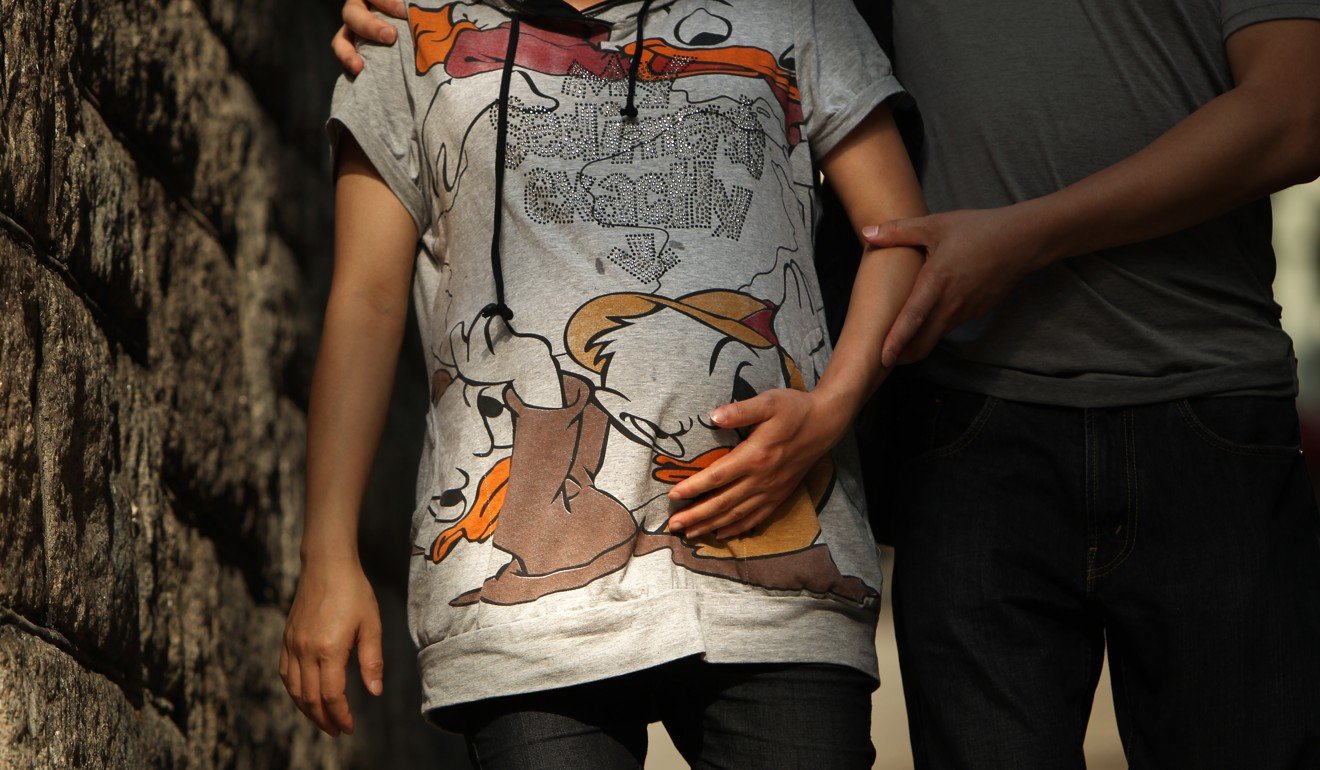
“We’re determined to help drive the momentum in Hong Kong,” Nott says. “Our immediate response is to start driving conversations – even conversations can start to change attitudes – while our overall solution ties in with our mission for greater gender diversity and options for women,” she says.
For Nott, joining the foundation is an opportunity to build upon a passion for advancing the interests of women and using her position to elevate others. She founded the Hong Kong chapter of Room to Read, a charity that promotes girls’ education and literacy, through which she spent a stint in India in 2007 volunteering with grass-roots community groups.
In 2011, she also took on a young entrepreneur as a protégée through The Women’s Foundation’s mentoring scheme, and began to become more involved in the foundation’s work.
China’s #MeToo censorship bypassed through netizens’ creative use of language
“The work is so important – not only to women, but to the whole of Hong Kong,” she says. “Hong Kong will benefit from having more women at the table and we’ll all benefit when a girls’ potential is fulfilled or a woman’s talent is tapped.
“I’ve had so many incredible business and professional opportunities here, and I’m committed to giving back to the city.”

